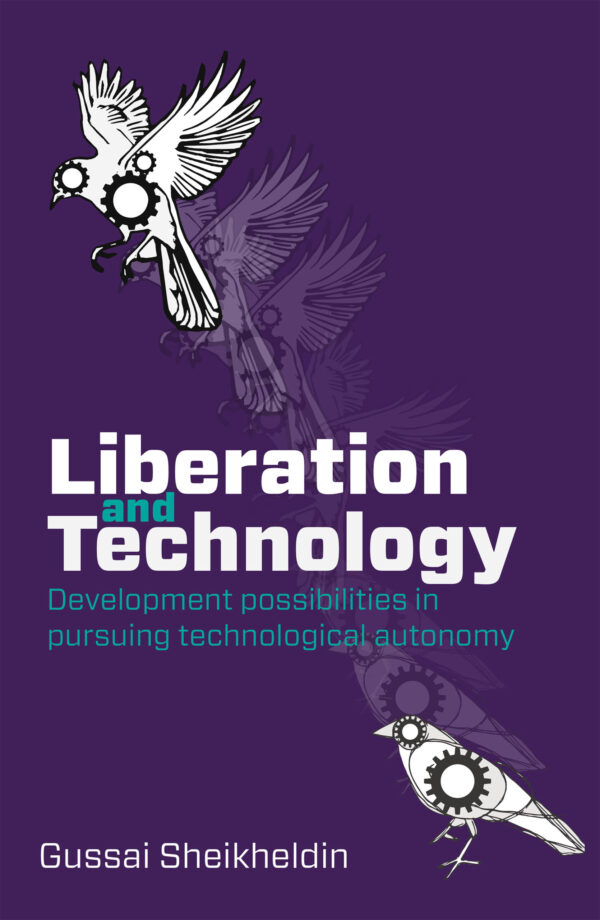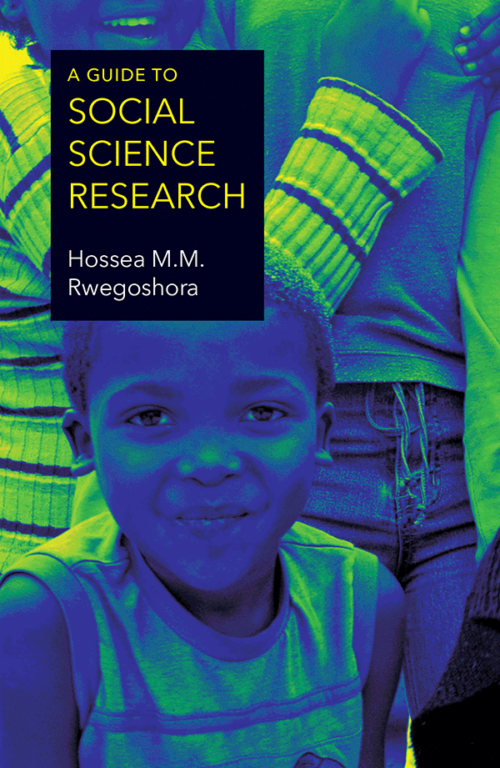“The most fundamental difference between ‘developing’ and ‘developed’ societies is technology, in a broad yet specific sense”; so states the author of this important study, Liberation and Technology: Development possibilities in pursuing technological autonomy. The ways in which technology is developed, institutionalised, animated and celebrated, form the core of ‘development’ (human, economic, environmental, etc.) and ultimately civilisation itself. But ‘techno-spheres’ are not only technical. They are also social, political, and ideological. For societies and countries that have long been kept from realising their own prosperity and dignity, development is also liberation.
The main treatise of this book is that each developing society ought to seek to achieve technological autonomy in its quest for positive transformations and prosperity for its people. Technological autonomy is about attaining a high level of self-determination in planning and managing technological affairs. Attaining endogenous capacity to guide and execute decisions on production and innovation; creating and transferring key technological products and services; steering relevant foreign and local investment as well as trade; setting own priorities of development free from external manipulation; are goals that must be central to such planning efforts. With evidence and argument, and in plain language, this book suggests a novel way of thinking about development, through envisioning and building better techno-social systems.
For these reasons, this book is a welcome addition to the body of ideas informing practitioners and theorists in the field of development—political leaders, economists, sociologists, engineers, technologists, scientists, scholars, planners and activists who are involved in relevant development processes and liberation struggles.
About The Author
Gussai H. Sheikheldin has broad knowledge and experience from the study and practice of sustainable development, technology localisation, and relevant advocacy. He holds a PhD from the University of Guelph (Canada), a Master of Engineering and Public Policy (MEPP), and a BSc. in Manufacturing Engineering Technology. Born in 1982, Sudan, a native of Sudanic Africa and a resident of various regions of the world during a lifetime, Gussai seeks to understand and illuminate the dynamic interactions between technologies and institutions, at local and global scales, and how they influence social transformation and human worldviews. He is a research fellow with STIPRO (Science, Technology and Innovation Policy Research Organization), a think tank of national, regional and global outreach, based in Dar es Salaam, Tanzania.






Reviews
There are no reviews yet.